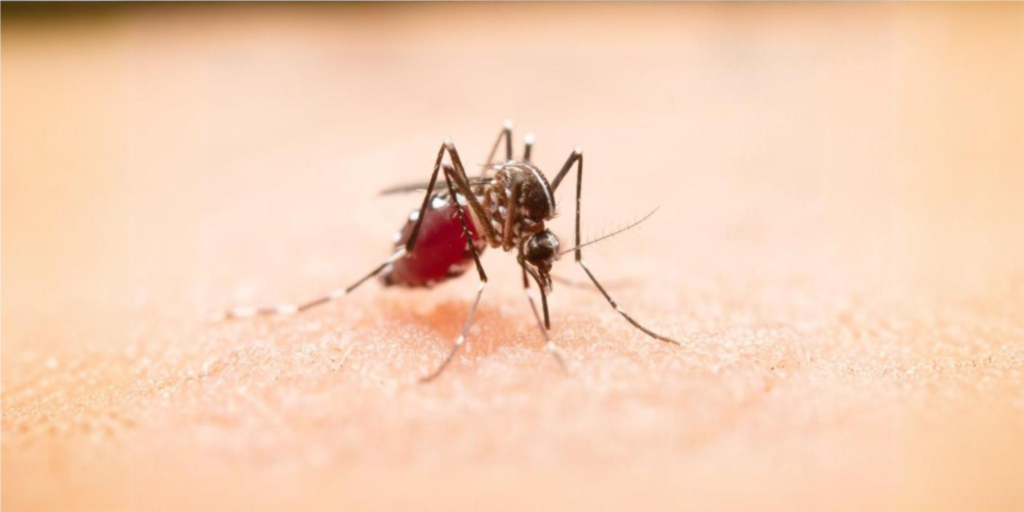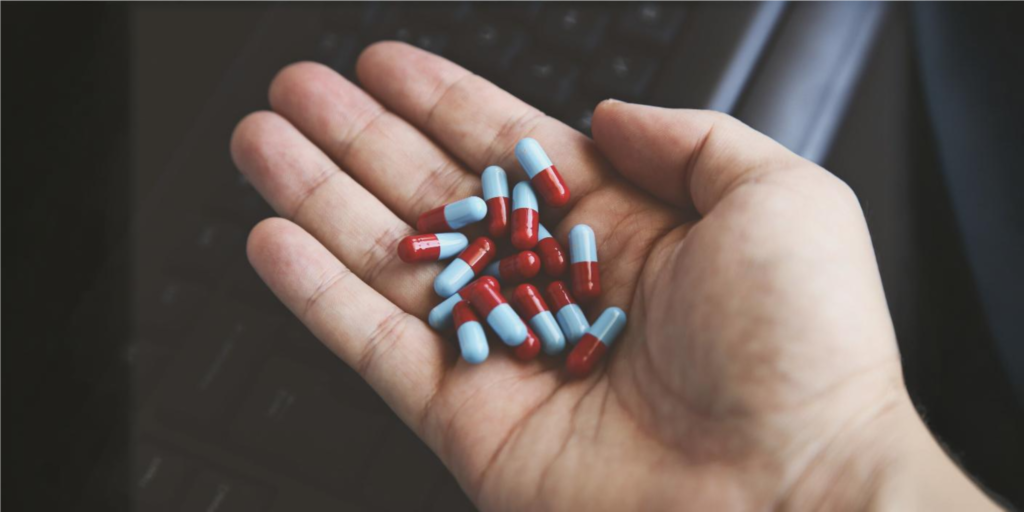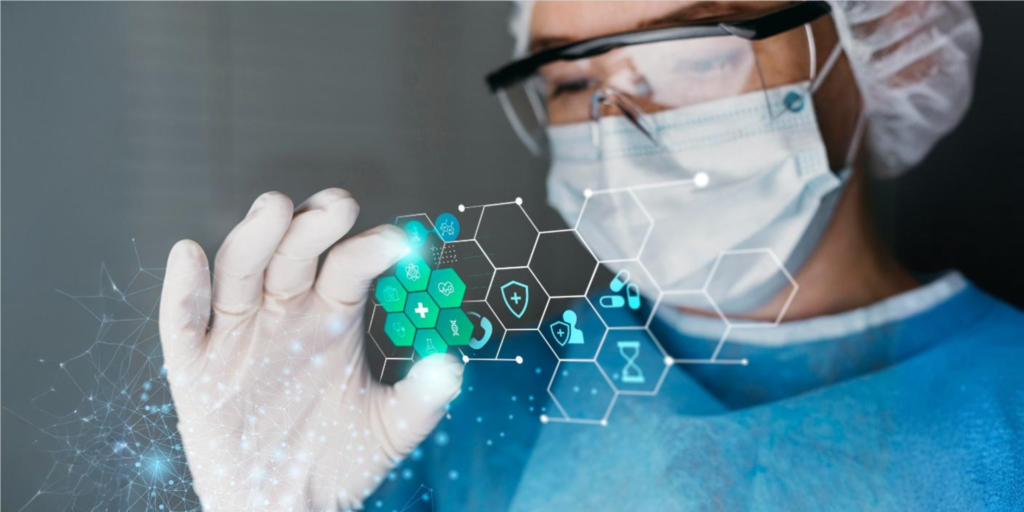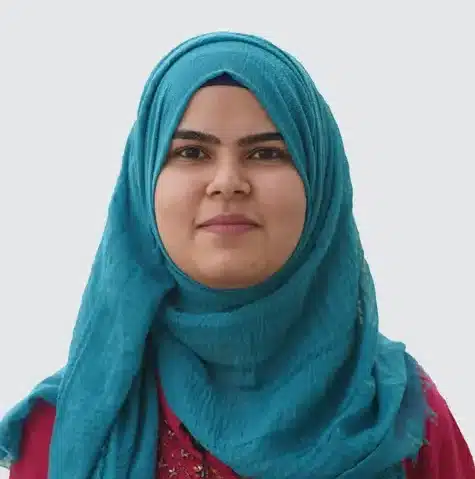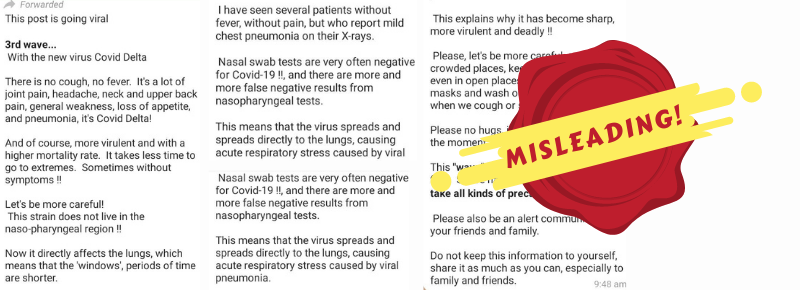Tags
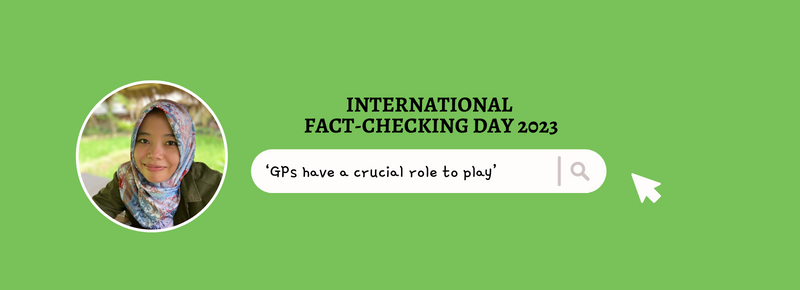
Dr Siti Fatimah, First Check member and general practitioner from Jakarta, Indonesia, weighs in on the role of doctors in combating health misinformation.
By Aliya Zainab
“It is important to be cautious when health claims seem too good to be true, such as those that promise miraculous results,” warns Dr Siti Fatimah, First Check member and general practitioner (GP) based in Jakarta, Indonesia. With the unprecedented rise in health misinformation, there is an urgent need to promote health literacy and critical thinking skills to help people find reliable sources of health information.
In an email interview with Dr Siti, she sheds light on the Indonesian healthcare system’s response to the COVID-19 pandemic, the prevailing health myths, and more.
Edited excerpts from the interview:
What are some common health myths and misconceptions in Indonesia?
As a GP working in a clinic in Jakarta, I have encountered several health myths and misconceptions. Some of these myths, frequently mentioned by patients are:
- Showering at night can cause joint problems.
- Eating shrimp and drinking orange juice at the same time can cause internal bleeding, which may lead to death.
- Herbal medicine is always safer than prescribed medicine.
- Drinking cold water can lead to weight gain.
- Consuming fish or eggs after surgery can prolong the healing process.
- Vaccinations are dangerous to health.
How can doctors promote health literacy?
In my opinion, GPs have a crucial role to play as the first-line of healthcare professionals that patients encounter in primary healthcare facilities. It is the doctor’s responsibility to provide trusted and accurate information, supported by the most up-to-date evidence-based medicine, while also addressing any misconceptions or myths prevailing in society.
To ensure that patients can comprehend the information provided, GPs should use simple language and tools, such as a visual comparisons or explanatory videos and images, to explain complex medical terms. It is important to encourage patients to ask questions or discuss reliable sources of information about their health condition or treatment. Overall, these measures can enhance patient knowledge and understanding of their health, enabling them to make informed decisions.
How can people find reliable health information on social media?
Firstly, it is important to ensure that the source of the information on social media is reliable, such as government health agencies, reputable medical organisations, and experts.
Next, one must analyse the scientific evidence provided and verify its accuracy by comparing it with similar information from other trusted sources, while also ensuring that there is no bias. Finally, it is important to be cautious when health claims seem too good to be true, such as those that promise miraculous results.
Any advice for people trying to improve their fact-checking skills?
To differentiate between reliable and false health information, it is important to verify credible sources supported by the latest scientific evidence. Be careful about believing everything you see on social media, particularly in the form of images or videos. Always verify the credibility of the information by cross-checking it with multiple reliable sources before sharing it with others.
What lessons can be learned from Indonesian healthcare system’s response to the COVID-19 pandemic?
Although initially the country’s healthcare system seemed unprepared, it was able to adapt and respond to the COVID-19 pandemic. Some successes include quick implementation of restrictions on travel, quarantine measures, and social distancing protocols to control the spread of the virus, increasing hospital capacity, using vacant buildings as emergency hospitals, providing telemedicine services, and raising public awareness through social media. In terms of vaccination against COVID-19, over 70% of the Indonesian population have completed their first and second dose.
However, there is still room for improvement in several areas. We need to improve access to healthcare treatment and facilities in rural and suburban areas. We also need to increase the healthcare system’s capacity, particularly with regards to personal protective equipment (PPE) and testing kits to avoid panic buying during emergencies. Similarly, the health information system needs to get stronger in order to prevent misinformation and misunderstanding among the public.
